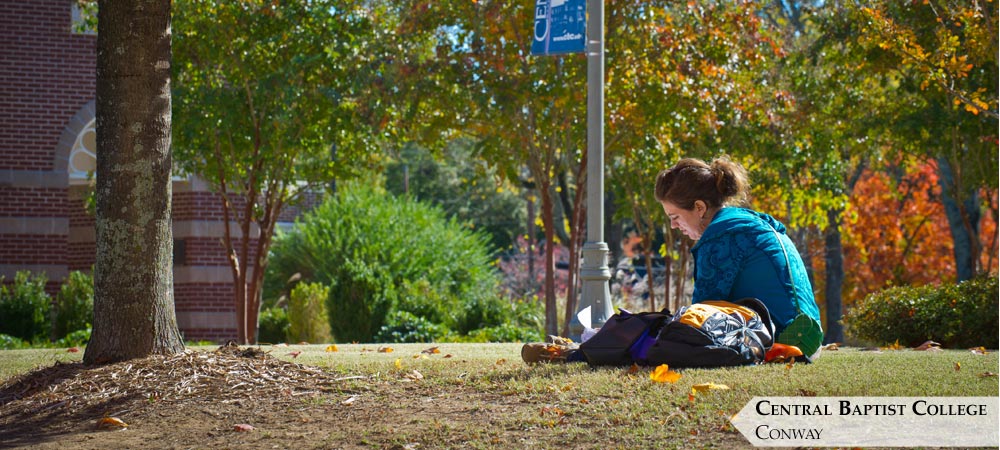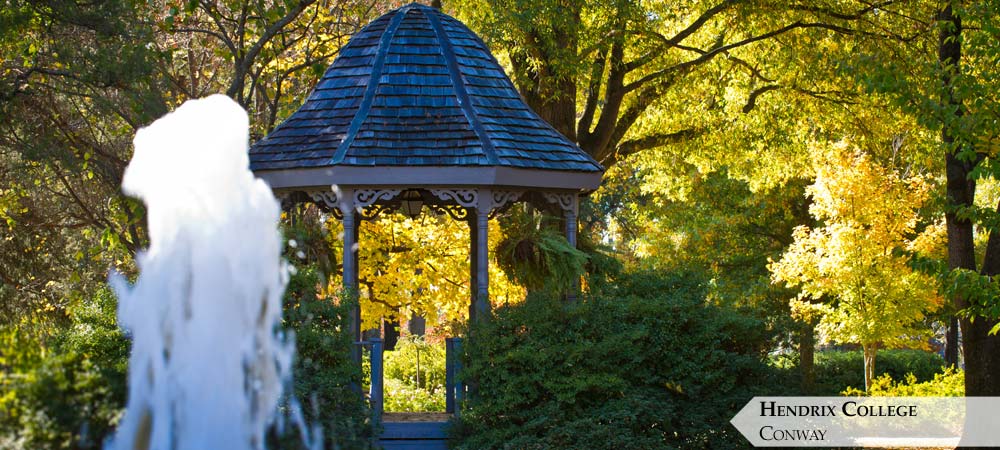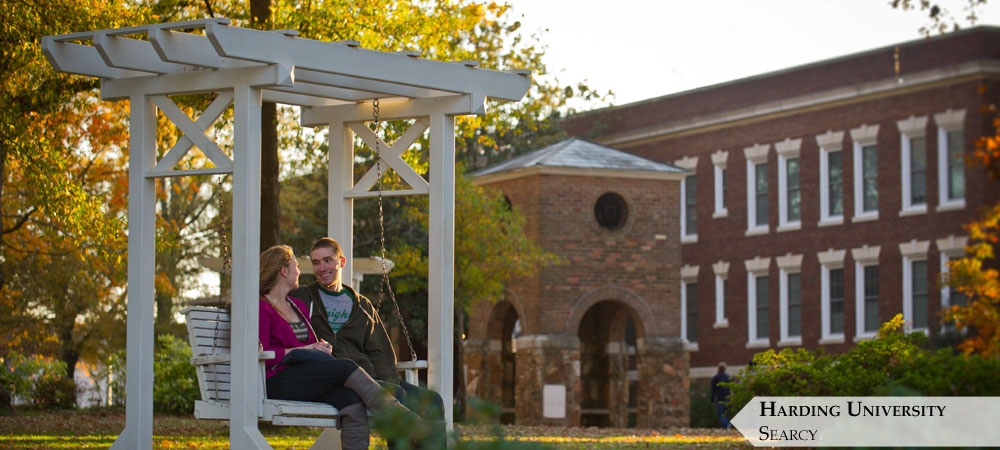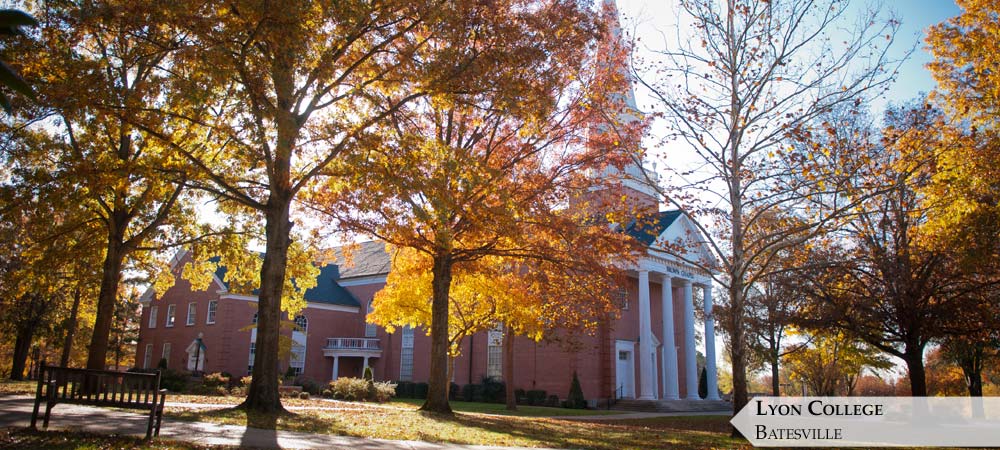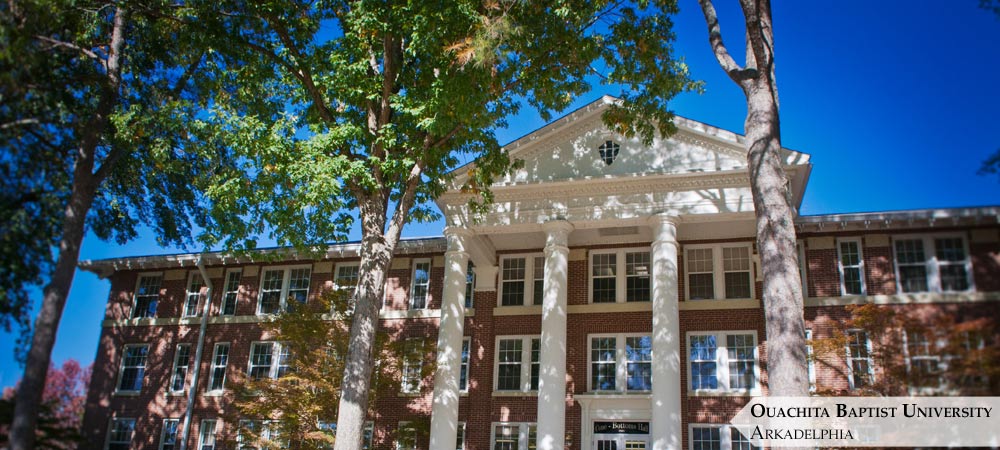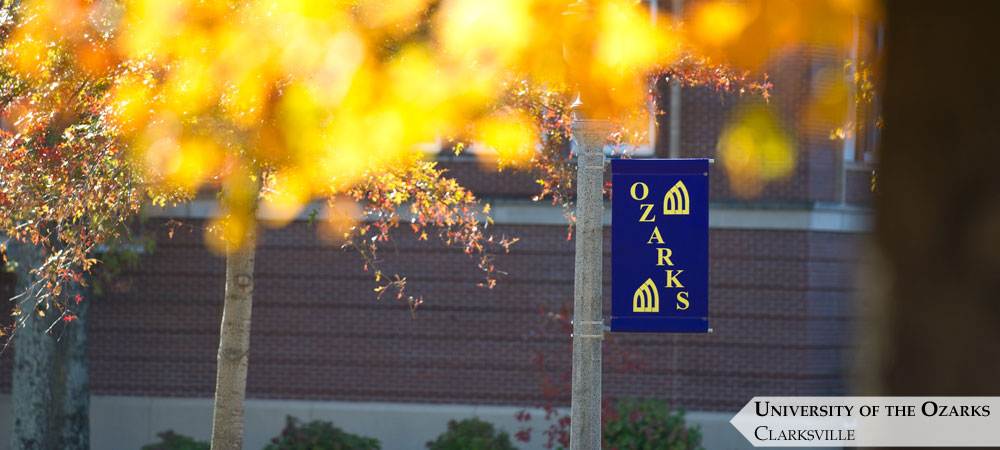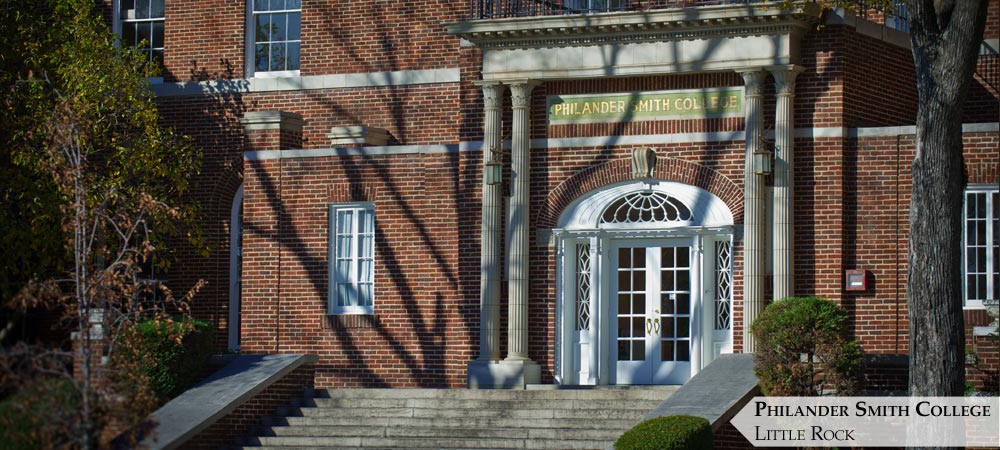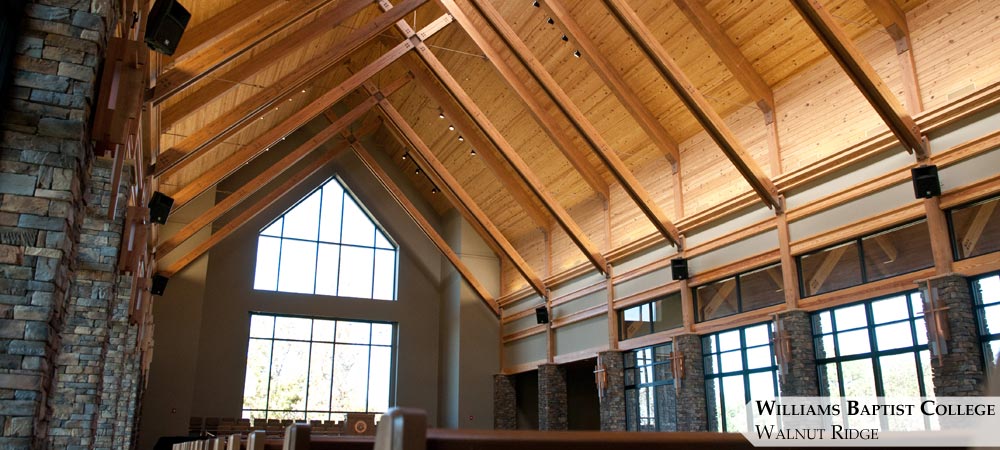Hendrix College welcomes alumnus, writer, and filmmaker Douglas A. Blackmon for “Dismantling Racism: Embracing a New Tomorrow,” Saturday, Sept. 11, 2021, in the Student Life and Technology Center on the Hendrix campus. The event is free to all, with in-person attendance available to the on-campus Hendrix community and remote participation open to the public. Reservations are required for both in-person and remote attendees.
Blackmon’s keynote address begins at 10 a.m. and is followed by a Q&A session; both the talk and the Q&A will be available to those participating remotely.
Blackmon is a Pulitzer-Prize winning writer and filmmaker.
His first book, Slavery by Another Name: The Re-Enslavement of Black Americans from the Civil War to World War II, was awarded a Pulitzer Prize for General Non-Fiction in 2009, became a New York Times bestseller and has been reprinted more than a dozen times. He was co-executive producer of the acclaimed documentary film version of Slavery by Another Name, which premiered at the Sundance Film Festival in 2012 and attracted more than five million viewers in its first broadcasts on PBS. It has been rebroadcast thousands of times by PBS and local public television stations across the U.S.
Currently, he is completing production of The Harvest, a new film examining the breakdown of racial progress since the 1960s as seen over 50 years through eyes of a group of children, including himself, born in one small Mississippi town in 1964.
He is also co-authoring a forthcoming new book with former U.S. Attorney General Eric H. Holder Jr., and serves as a Professor of Practice in the Creative Media Institute and director of the Narrating Justice Project at Georgia State University in Atlanta.
From 2012 until 2018, Blackmon was a member of the faculty and a senior fellow in presidential studies at the University of Virginia’s Miller Center of Public Affairs, and host of American Forum, a 30-minute television interview program seen on more than 250 public television stations across the U.S.
Blackmon’s activities during his visit to Hendrix will include meeting with students and faculty to discuss issues related to race in the United States.
To RSVP for the Sept. 11 keynote and Q&A, email Lori Mulhearn (mulhearn@hendrix.edu) and specify the in-person or remote option. Due to pandemic protocols, in-person is open only to current members of the Hendrix student body, faculty, and staff, with a registration deadline of Friday, Sept. 3, at 5 p.m.; remote participation is open to all, with a registration deadline of Friday, Sept. 10, at 5 p.m. CDT.
The event is hosted by the Hendrix College Office of Religious Life and supported by an Innovation Grant through the Central District of the Arkansas Conference of The United Methodist Church.

